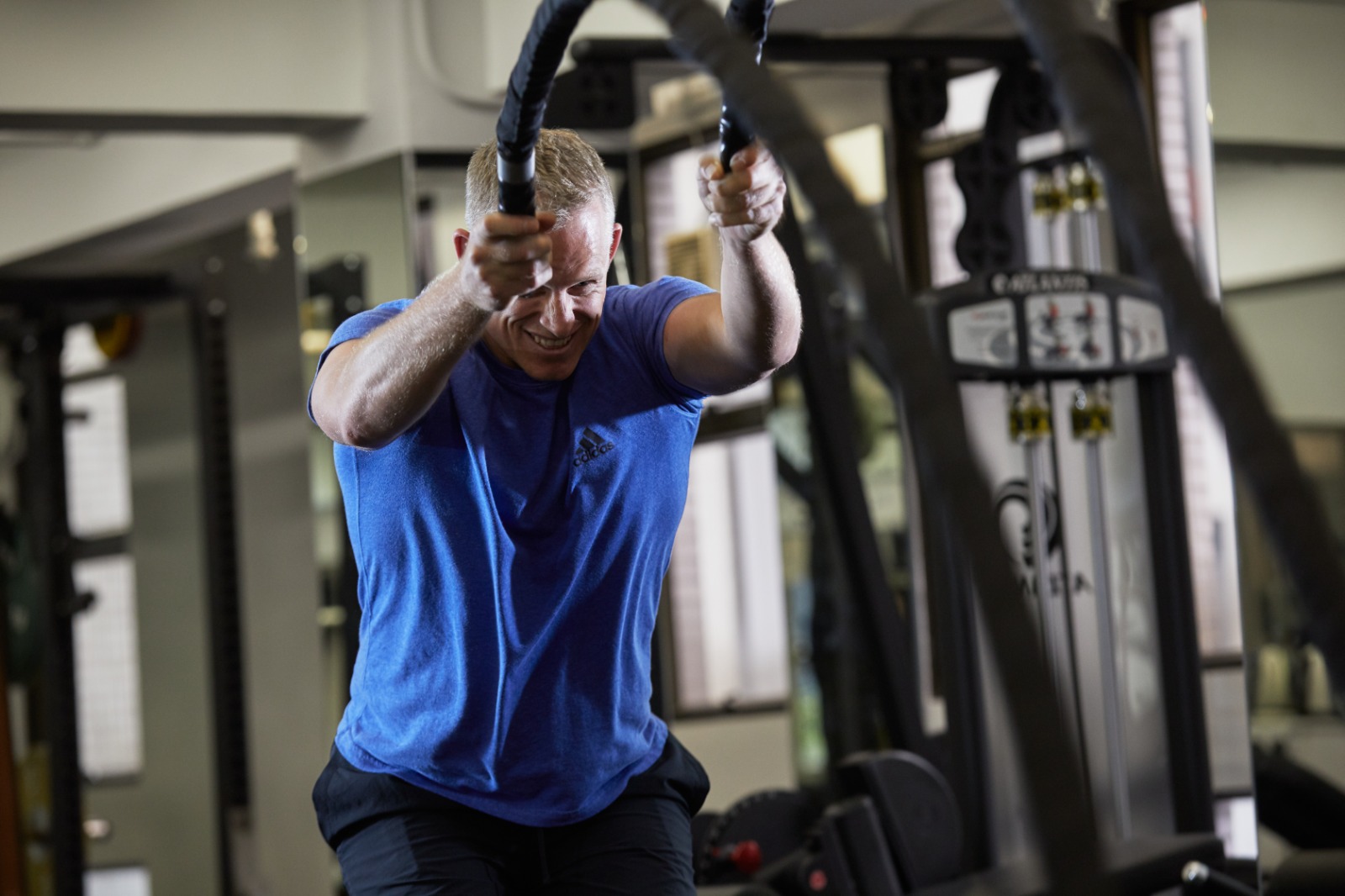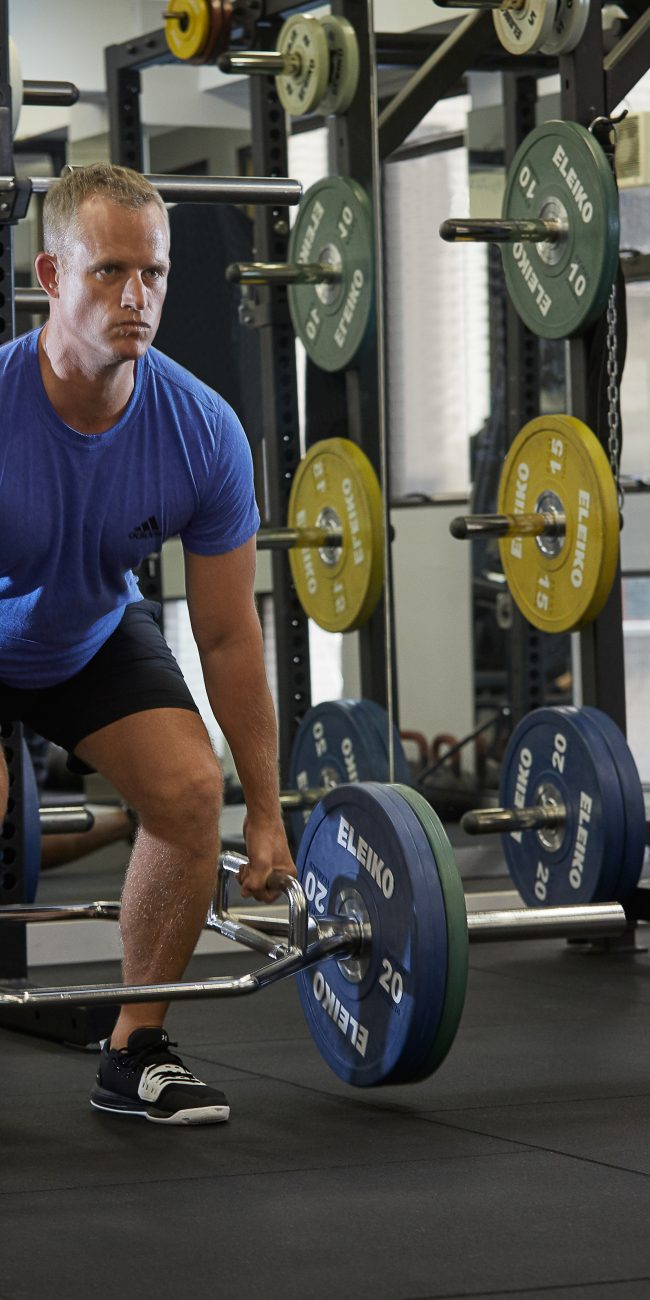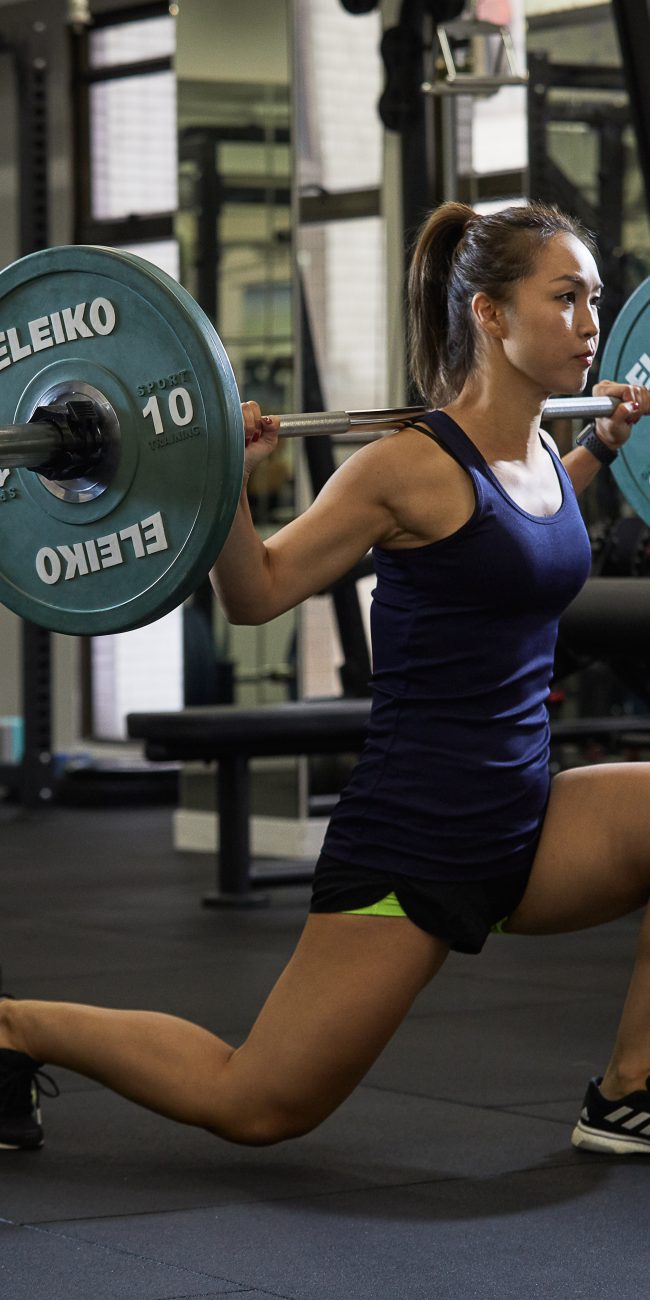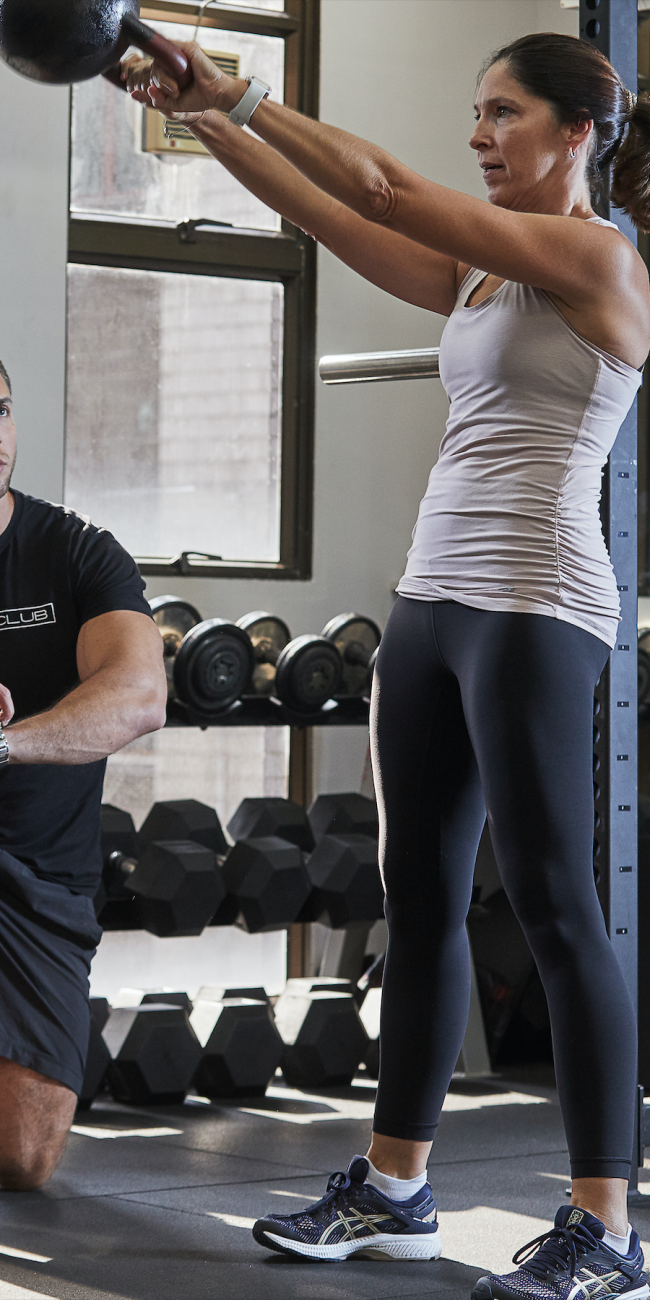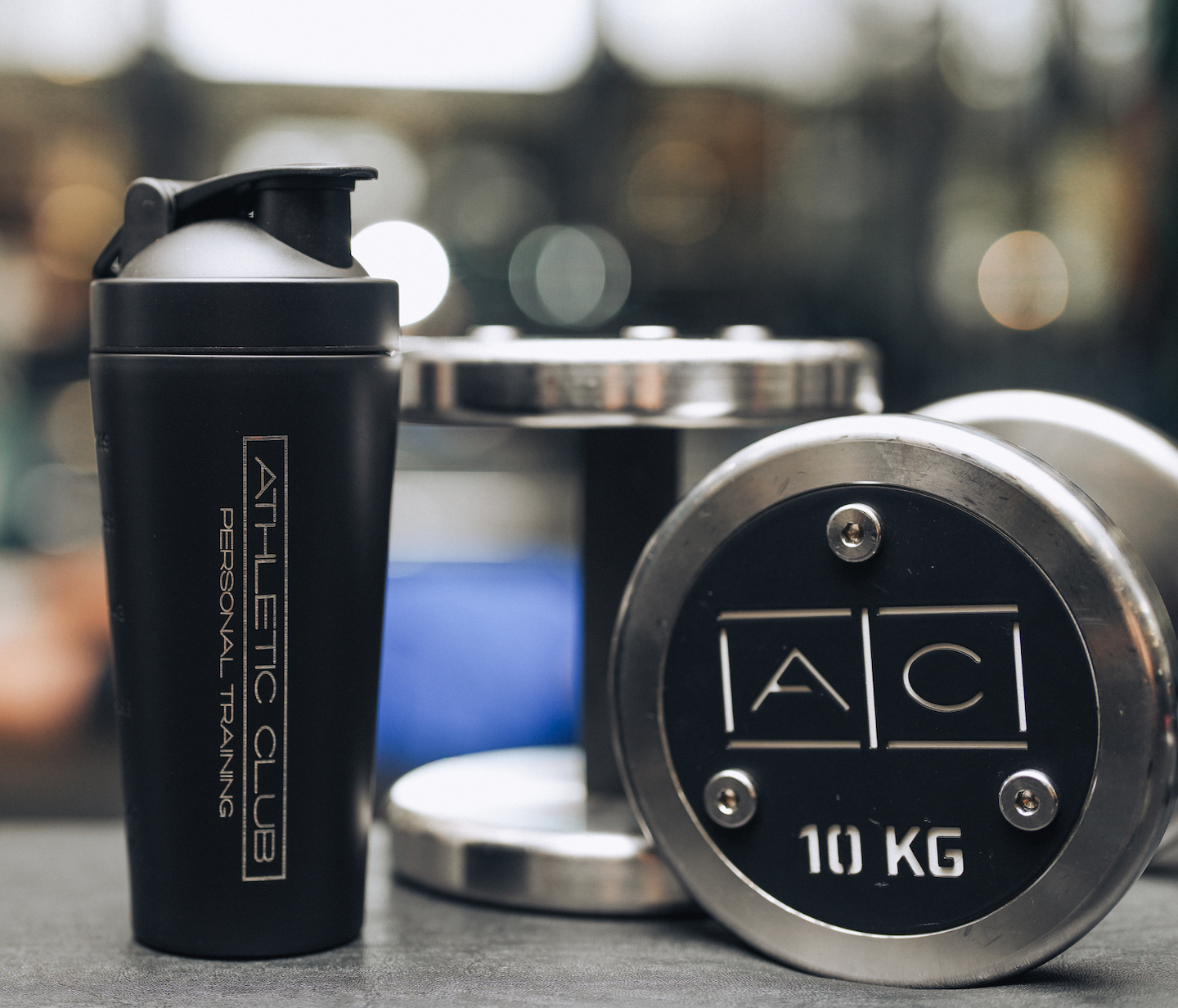
Hydration: The Key to Optimal Health and Exercise Performance
Staying hydrated is often overlooked when it comes to maintaining overall health and maximizing exercise performance. Yet, it plays a crucial role in our well-being, affecting every system in our bodies. From aiding digestion and regulating body temperature to improving cognitive function and enhancing athletic performance, hydration is the foundation of optimal health. In this blog, we will explore the importance of hydration and how it directly influences our overall well-being and exercise performance.
Hydration and General Health: Water is an essential component of our bodies, accounting for about 60% of our total body weight. It serves as a vital medium for transporting nutrients, eliminating waste, and regulating body temperature. Proper hydration ensures that these processes can function optimally, supporting healthy digestion, kidney function, and metabolism.
Dehydration, on the other hand, can lead to a myriad of health issues. Mild dehydration can cause fatigue, headaches, and poor concentration, while severe dehydration can have more serious consequences, such as dizziness, muscle cramps, and even organ failure. To maintain good health, it is essential to maintain a steady intake of fluids throughout the day, not just when feeling thirsty.
Hydration and Exercise Performance: For individuals engaged in physical activities, hydration becomes even more critical. When we exercise, our bodies lose water through sweat, leading to dehydration if not replenished adequately. Even a slight loss of fluid can impair performance and lead to early fatigue.
Dehydration during exercise can negatively affect our body’s ability to regulate temperature, which can result in overheating and decreased endurance. Furthermore, it can impair cardiovascular function, reducing the efficiency of oxygen transport to our muscles and limiting our overall performance. It’s no surprise that even a 2% loss in body weight due to dehydration can lead to significant declines in physical and cognitive performance.
Optimizing Hydration for Exercise: To maximize exercise performance, it’s important to establish proper hydration practices. Here are a few key guidelines to follow:
- Drink water throughout the day: Hydration should not be limited to just pre, during, and post-exercise. It’s crucial to maintain a regular intake of fluids throughout the day to stay adequately hydrated.
- Pre-hydration: Drink about 16-20 ounces of water 2-3 hours before exercise, and an additional 8-10 ounces 10-20 minutes prior to the workout.
- During exercise: Aim to drink fluids every 15-20 minutes during exercise, especially during prolonged or intense sessions. Water is generally sufficient for activities under an hour, but for longer workouts or high-intensity exercise, consider sports drinks that provide electrolytes to replenish what is lost through sweat.
- Post-exercise hydration: Replenish the fluids and electrolytes lost during exercise by consuming water or a recovery drink shortly after the workout.
Remember, individual hydration needs vary depending on factors such as body size, intensity of exercise, climate, and personal sweat rate. Pay attention to your body’s signals and adjust your fluid intake accordingly.
Conclusion: Proper hydration is fundamental for overall health and exercise performance. By staying adequately hydrated, we support our body’s vital functions, promote optimal digestion, and maintain cognitive sharpness. When it comes to physical activity, maintaining proper fluid balance ensures better endurance, improved cardiovascular function, and reduced risk of injury. So, make hydration a priority in your daily routine and reap the benefits of enhanced well-being and exercise performance. Stay hydrated, stay healthy!
